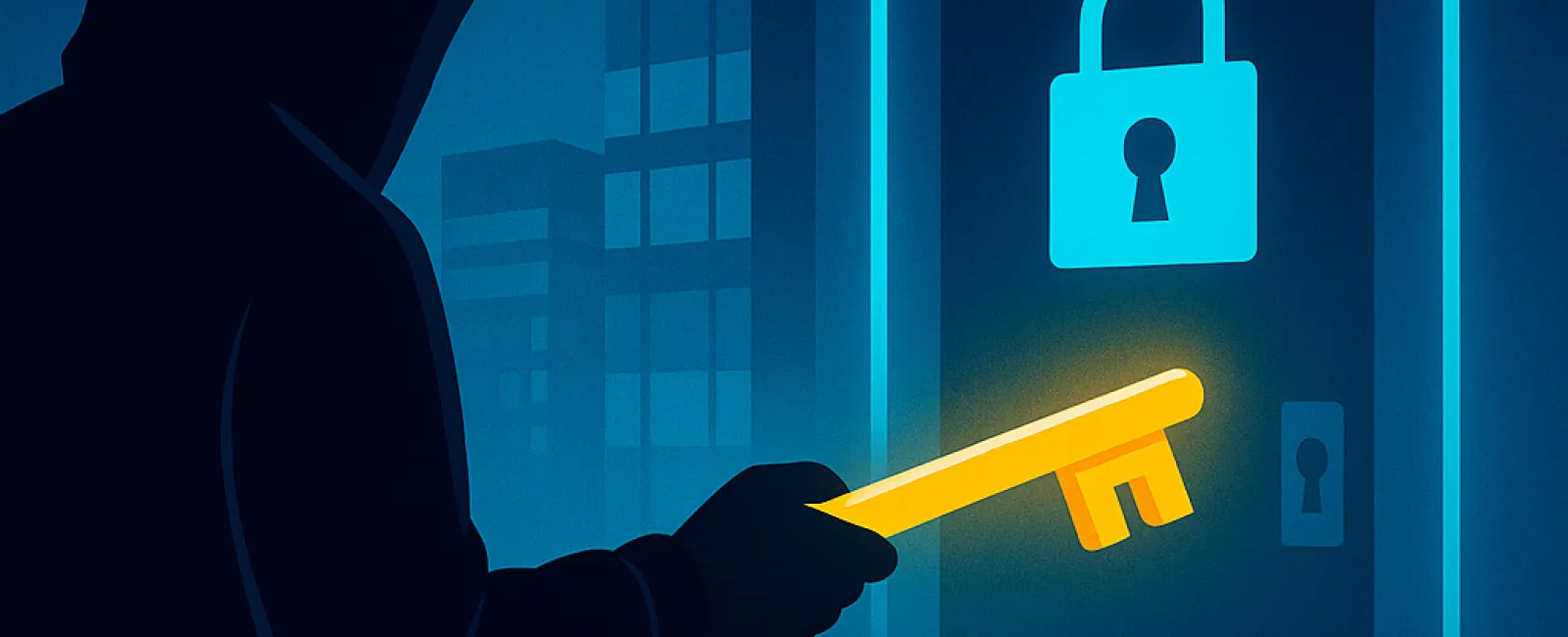August 04, 2025
Cybercriminals are evolving their tactics against small businesses. Instead of forceful break-ins, they're now using stolen credentials—your login information—to slip in unnoticed.
This method, called an identity-based attack, is rapidly becoming the leading way hackers infiltrate systems. They steal passwords, deceive employees with phishing emails, or bombard people with login attempts until someone gives in. Sadly, these strategies are proving highly effective.
For example, a recent cybersecurity report revealed that 67% of major security breaches in 2024 involved compromised logins. Even industry giants like MGM and Caesars experienced these attacks last year—if they're vulnerable, so are small and medium businesses.
How Are Hackers Gaining Access?
Most attacks start with simple stolen passwords, but hackers have developed more sophisticated methods:
· Phishing emails and fake login pages trick employees into revealing sensitive credentials.
· SIM swapping allows hackers to intercept text messages used for two-factor authentication (2FA).
· MFA fatigue attacks overwhelm users with login approval requests until they accidentally grant access.
Hackers are also targeting personal devices of employees and third-party vendors, like help desks or call centers, to find entry points.
Essential Steps to Secure Your Business
Fortunately, protecting your company doesn't require advanced technical skills. Implementing these few strategic actions can significantly reduce your risk:
1. Activate Multifactor Authentication (MFA)
Add an extra layer of security when users log in. For the strongest protection, opt for app-based or hardware security keys instead of SMS-based MFA.
2. Educate Your Team
Employees are your first line of defense. Provide training to help them spot phishing scams, suspicious messages, and know the proper channels to report any security concerns.
3. Restrict Access Privileges
Limit employee access strictly to what they need. If an account is compromised, restricted permissions prevent hackers from causing widespread damage.
4. Adopt Strong Password Practices or Go Passwordless
Encourage the use of password managers or advanced authentication methods, like biometric logins or security keys, that eliminate reliance on passwords.
Final Thoughts
Hackers prioritize your login credentials and continuously devise new ways to breach defenses. Staying one step ahead doesn't mean handling security alone.
That's where we come in—we help you implement robust protections that secure your business without complicating your team's daily workflow.
Curious if your business is at risk? Click here or give us a call at 888-638-3621 to book your 15-Minute Discovery Call.



